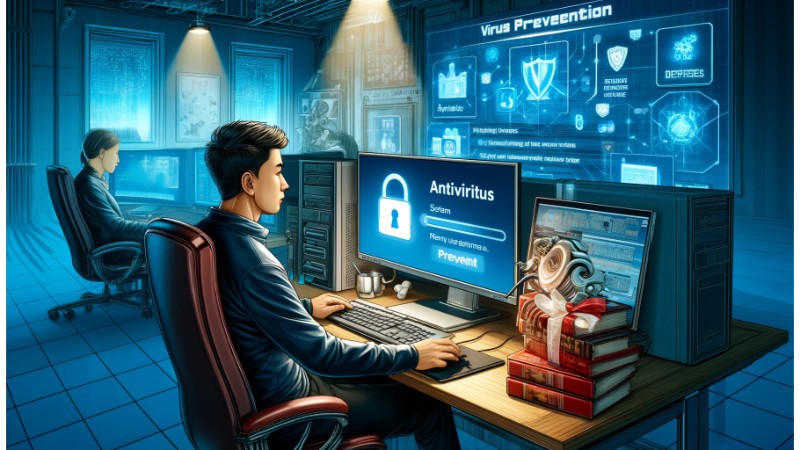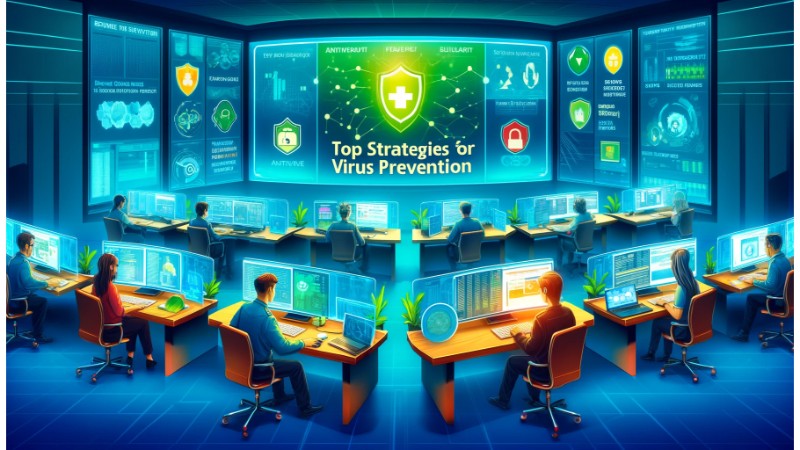Computer Virus Prevention

Computer Virus Prevention In the digital age, protecting your computer from viruses is crucial. A virus can compromise personal information, damage system performance, and lead to significant data loss. This guide offers comprehensive strategies to safeguard your computer against malicious software.
What is a Computer Virus?
A computer virus is a type of malicious software program (malware) that, when executed, replicates itself by modifying other computer programs and inserting its own code. Understand how it spreads and the damage it can cause to better prevent it.

Computer Virus Prevention
Common Types of Computer Viruses
Trojan Horse: Disguises itself as a legitimate program to trick users into installing it.
Worms: Replicates itself to spread to other computers, often over a network.
Ransomware: Locks access to a user’s data until a ransom is paid.
How Do Computer Viruses Spread?
Email Attachments: Opening attachments from unknown sources can install harmful software.
Unsecured Networks: Using public Wi-Fi can expose your system to vulnerabilities.
Infected Websites: Visiting malicious websites can trigger automatic downloads of viruses.
Removable Media: USB drives can contain viruses that activate when connected to a computer.

Computer Virus Prevention
Top Strategies for Virus Prevention
1. Install Antivirus Software
Use comprehensive antivirus software to provide real-time protection against viruses and malware. Regular updates are crucial for defending against new threats.
2. Regular Software Updates
Keep your operating system, browsers, and all software up to date. Patches often close security holes that could be exploited by viruses.
3. Use Strong, Unique Passwords
Protect your accounts with strong, unique passwords. Consider using a password manager to keep track of your credentials securely.
4. Be Wary of Email Links and Attachments
Do not open email attachments or links from unknown senders. Verify the sender’s information before opening attachments, even if they appear to be from someone you know.

Computer Virus Prevention
5. Backup Your Data Regularly
Regular backups can save important data in case your computer is infected by a virus. Use an external drive or cloud storage for your backups.
6. Educate Yourself and Others
Stay informed about the latest security threats. Educate your family and colleagues about safe internet practices to reduce the risk of virus infections.
Conclusion
Computer Virus Prevention, Preventing computer viruses requires vigilance and adherence to best security practices. By following the tips outlined in this guide, you can protect your computer and personal information from malicious threats.


